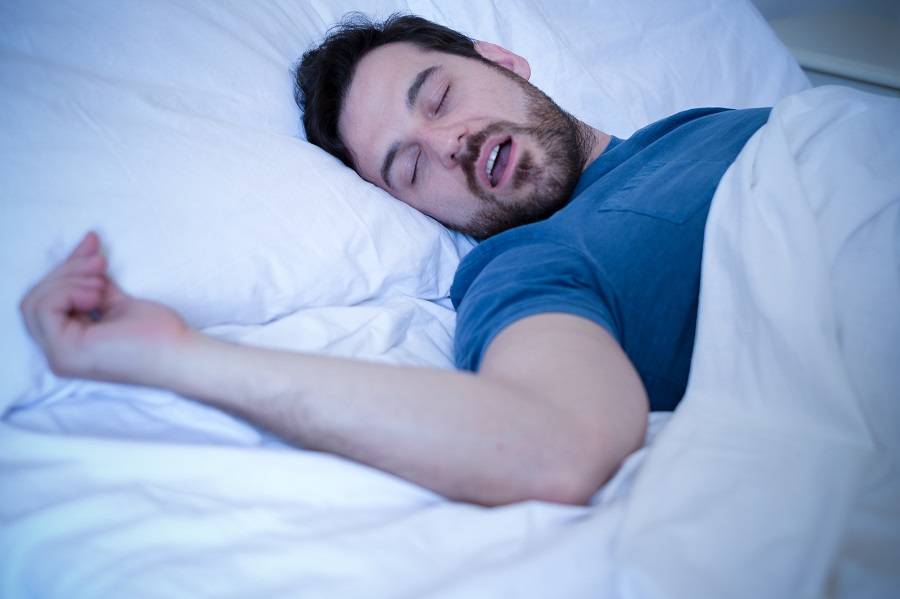Sleep specialists emphasize that quality rest is necessary for physical health, mental clarity, and overall well-being. Poor sleep habits can lead to chronic fatigue, reduced productivity, and long-term health issues. By following proven sleep hygiene tips, individuals can improve sleep quality and enjoy the benefits of restorative rest.
Creating the Right Sleep Environment
Your bedroom environment plays a valuable role in determining sleep quality. The physical space where you sleep often has a direct impact on your ability to fall asleep and stay asleep throughout the night. Temperature control is one of the key environmental factors, with research indicating that cooler temperatures between 60-67 degrees Fahrenheit promote better sleep.
Darkness serves as another key environmental element. Light exposure signals your brain to stay alert, while darkness triggers the production of melatonin, your body’s natural sleep hormone. Make sure your bedroom remains as dark as possible by using blackout curtains or an eye mask when necessary.
Noise reduction helps maintain uninterrupted sleep cycles. Background noise disrupts sleep stages, leading to fragmented rest. Address noise issues through earplugs, white noise machines, or sound-dampening materials in your bedroom.
Establishing a Consistent Sleep Schedule
Regular sleep timing helps regulate your body’s internal clock, known as your circadian rhythm. This biological clock controls when you feel alert and when you feel sleepy. Going to bed and waking up at the same time every day, including weekends, strengthens this natural rhythm and improves sleep quality over time.
Your sleep schedule should align with your natural preferences while meeting your sleep needs. Most adults require 7 to 9 hours of sleep per night for optimal functioning. Calculate your ideal bedtime by counting backward from your required wake time, allowing sufficient hours for quality rest.
Gradual schedule adjustments are more effective than dramatic changes. If you need to shift your sleep timing, move your bedtime and wake time by 15-30 minutes earlier or later each day until you reach your target schedule. This approach helps your body adapt without causing significant disruption.
Adopting Healthy Pre-sleep Habits
The activities you engage in before bedtime significantly influence your ability to fall asleep. Developing a consistent pre-sleep routine signals to your body that it’s time to wind down and prepare for rest. This routine should begin 30-60 minutes before your intended bedtime.
Excessive screen time before bed can interfere with sleep quality due to exposure to blue light. Electronic devices like smartphones, tablets, and televisions emit blue light that suppresses melatonin production. Limit screen exposure during the hour before bedtime, or use blue light filtering glasses if device use is necessary. Stimulant consumption affects sleep onset and quality. It’s best to avoid coffee, tea, and other caffeinated beverages after mid-afternoon.
Consulting a Sleep Specialist
Sleep hygiene practices help many people improve their sleep quality, but some sleep problems require professional evaluation and treatment. Persistent sleep difficulties, despite good sleep hygiene, may indicate an underlying sleep disorder that requires medical attention. Sleep specialists are medical professionals trained to diagnose and treat various sleep disorders. These sleep physicians use specialized testing and evaluation methods to identify sleep problems that don’t respond to basic sleep hygiene improvements. Sleep experts recommend professional evaluation if you experience chronic daytime fatigue, loud snoring, breathing interruptions during sleep, or difficulty staying asleep despite following good sleep hygiene practices.
Consult Sleep Specialists Today
Good sleep hygiene forms the foundation of healthy sleep habits and addresses many common sleep difficulties. Creating the right environment, maintaining consistent schedules, and adopting healthy pre-sleep routines improve sleep quality for most people. Persistent sleep problems may require professional evaluation to identify and treat underlying disorders. If you continue to experience sleep difficulties despite implementing sleep hygiene practices, schedule an appointment with qualified sleep specialists for a professional evaluation.









Leave a Reply